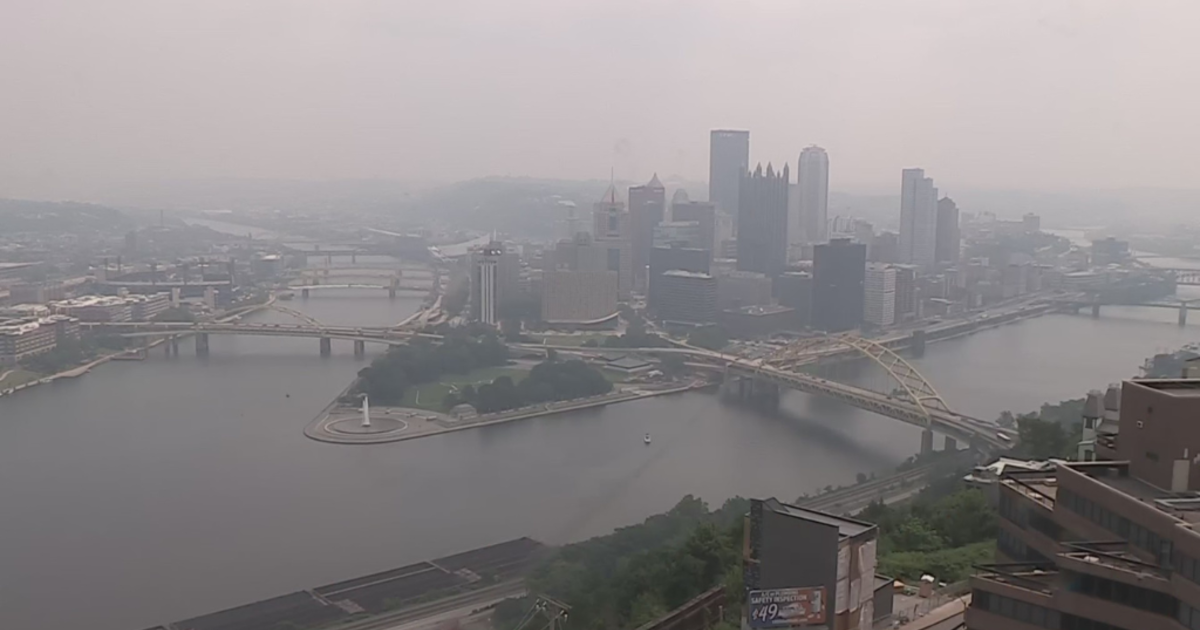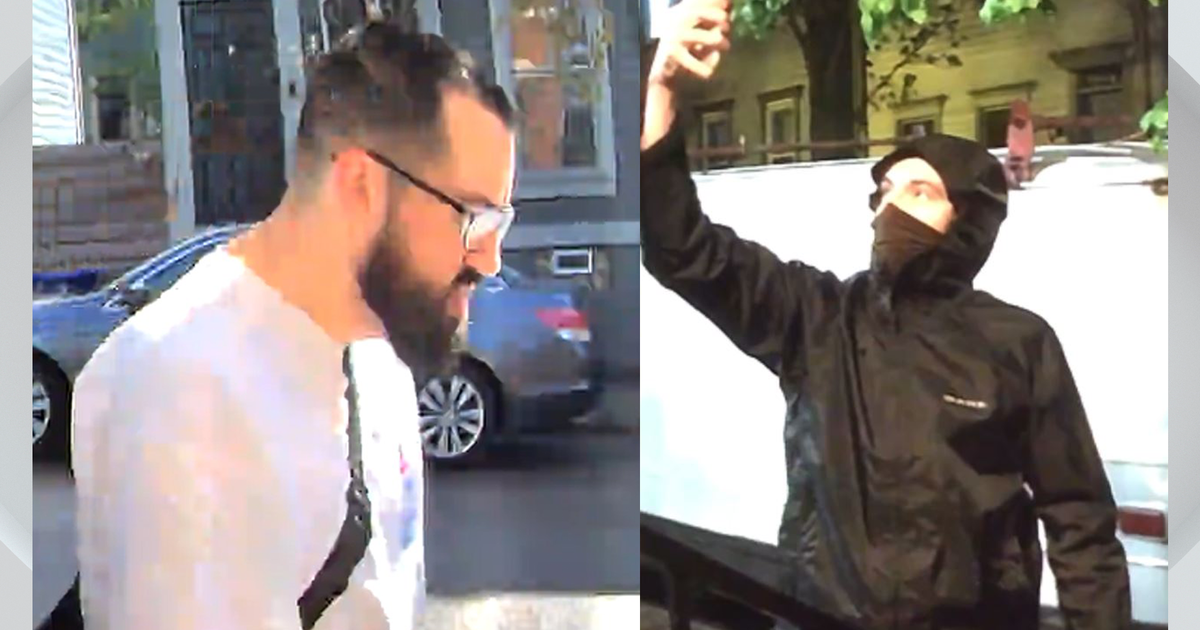At-Home Test Can Aid In Sleep Apnea Diagnosis
PITTSBURGH (KDKA) - Sleep disorders are disturbingly common in the United States as one in 10 people suffer from sleep apnea alone.
If that's not bad enough, 80 percent of the people who have it don't know it.
In some cases, that's because they don't want to go through one of those awkward, uncomfortable sleep studies in a lab somewhere.
However, there is actually a test you can take at home.
Bob Whittington fixes things for a living, but what really needed to be fixed is his sleeping.
"She would notice I was not breathing at all. And then I was very tired every day, And I've been waking up, Something has been making me jump, and I've been waking up and night. And that's been going on for a while," Whittington said.
He did two sleep studies in a lab. He had to go to the hospital, get hooked up to wires, and sleep overnight under the watchful eye of some technicians and a video camera.
"I knew they'd be watching, I was nervous going in and it's just not an environment for me. And I never slept. They asked me to leave at 5 a.m. because they had no information they could use," Whittington said. "I need darkness, I need quiet, I need my own environment."
A new sleep doctor offered Whittington another option in the form of a sleep study he could do at home.
"They're going to get a night of sleep pretty much like they would at home. They're lightweight and they have a little less anxiety about undergoing the study," Allegheny General Hospital Sleep Specialist Dr. Daniel Shade said.
"There [were] just three self-adhesive tabs, we just pulled the backing off, and it stuck to your forehead," Whittington said.
The home sleep tests measure the level of oxygen in your bloodstream, air flow through your nose, snoring levels and head movement. Some versions also measure brain waves and muscle movement.
Even though the setting was more comfortable, Whittington still had concerns.
"I was worried I would knock it off. I'm a very restless sleeper," Whittington said. "I was nervous, but I was willing to try it because I know I can't sleep in the hospitals. I can't do it."
As it turns out, it was quite simple.
"I fell asleep. I slept with it with no problem," Whittington said.
When the nose piece got knocked out of place, an alarm sounded.
"I got up, I fixed it and I went right back to sleep," Whittington said.
He was able to complete a night's recording and he drove back to the hospital to drop off the gear.
"They said they got good information from it," Whittington said.
However, is it really as good as a study in the lab?
"It's close. It's not as good," Dr. Shade said. "There is some data loss to these units, because you don't have a technician there at night, so if it does fall off, or doesn't record, you've lost a night of data."
Whittington's home test showed he does have sleep apnea and now he has to go in to be fitted for CPAP, which is a type of mask with pressurized air to be worn at night
Whatever the result, Whittington said doing the study at home was far better than going to the lab.
"It was one of the most comfortable things I've done," Whittington said.
The test is designed for someone who has all the signs and symptoms of obstructive sleep apnea, which is a problem where too much tissue blocks the airway.
That causes the person to snores, or even stops breathing.
It's not for someone with other medical problems, such as heart failure, or issues with the nerves and muscles.
Also, it's not meant to diagnose other kinds of sleep problems like narcolepsy or certain types of movement disorders that interfere with sleep.
RELATED LINKS
More Local News
More Health News
More Reports From Dr. Maria Simbra



